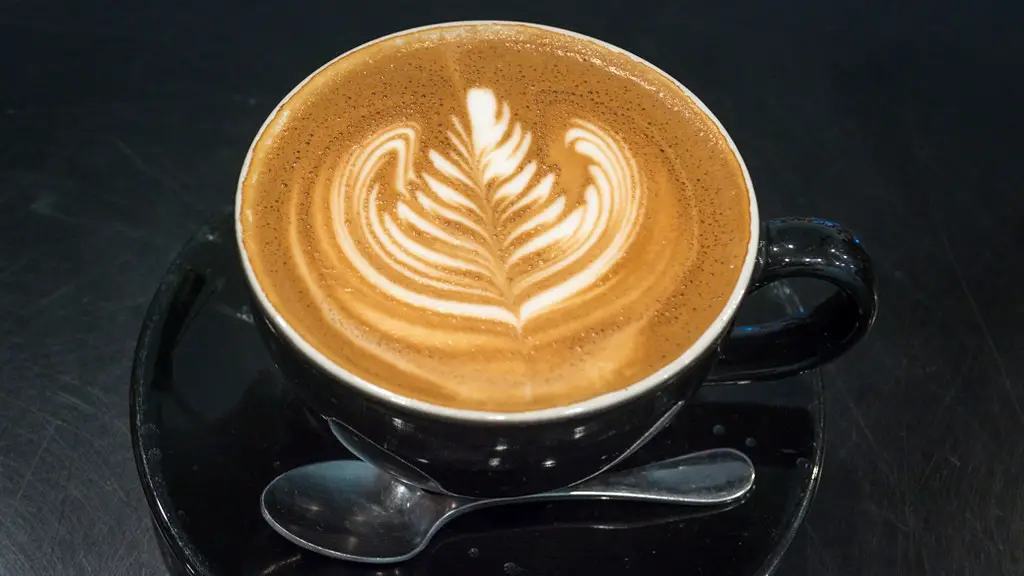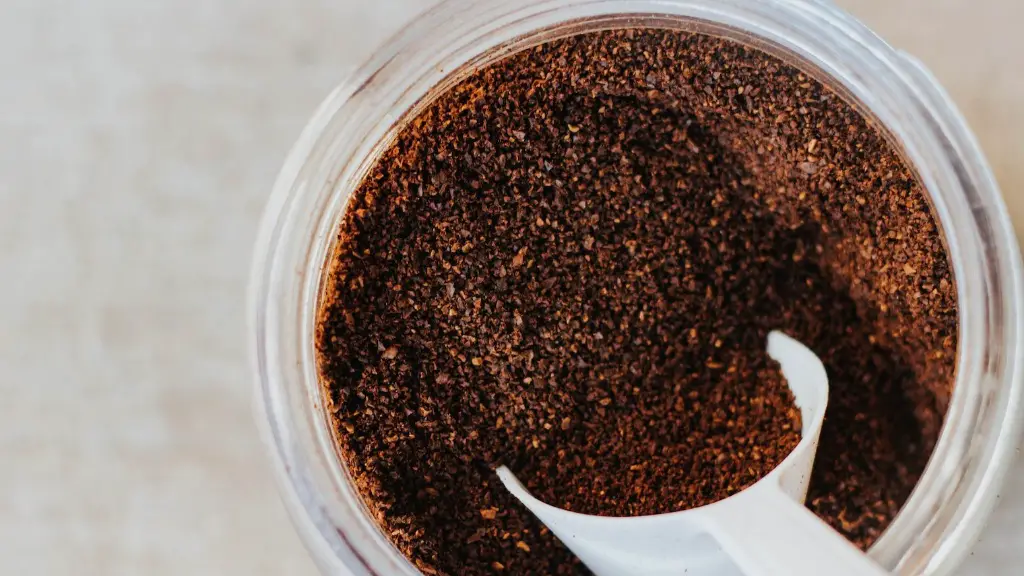Will drinking coffee affect blood pressure is an intriguing question. Coffee has become a staple for many people, but there has been some concern over its potential impact on our bodies, particularly the heart and the cardiovascular system. This article will examine the evidence that suggests whether drinking coffee can lead to an increase or decrease in blood pressure.
The human body has evolved over time to withstand relatively high levels of caffeine consumption. However, regular consumption of caffeinated beverages, including coffee, has been linked to a slight but potentially meaningful increases in blood pressure levels. A 2018 study published in the American Journal of Physiology found that three cups of coffee per day was associated with up to a four-point rise in systolic blood pressure and up to a two point rise in diastolic blood pressure. These were significant but relatively small increases.
It is important to note that the impact of coffee on blood pressure has been shown to decline significantly over time, so people who regularly drink coffee may not experience adverse effects. According to a study published in 2013 in the journal Nutrition Research, chronic regular consumption of coffee (i.e. 3-4 cups per day) did not lead to a lasting increase in blood pressure. In fact, the authors found that participants who drank coffee regularly had significantly lower blood pressure than those who had never consumed coffee.
It is also important to consider other factors that can affect blood pressure, such as lifestyle and diet. A 2006 study published in the International Journal of Cardiology found that people who are overweight or obese and have high salt intake are more likely to have higher blood pressure levels, while those who are regularly active and have a healthy, low-sodium diet will have lower blood pressure levels.
It is evident from the research that coffee does not cause a marked increase in blood pressure levels, but moderate intake can still lead to small, short-term increases. That said, the impact of coffee on blood pressure is often negligible compared to other lifestyle factors. People should therefore focus on managing their overall lifestyle and diet, rather than trying to limit their coffee intake.
Caffeine Strength and Blood Pressure
The strength of the caffeine in coffee can also affect people’s blood pressure levels. Studies have shown that caffeine is a vasoconstrictor, meaning that it can cause the constriction of blood vessels, which leads to an increase in blood pressure. A 2010 study published in the journal Heart found that people who consumed high levels of caffeine (>400 mg) had an increased risk of hypertension (high blood pressure). However, experts suggest that moderate levels of caffeine intake, up to 400 mg per day, may not have a significant impact on blood pressure.
In addition, the amount of milk or cream added to coffee can also affect blood pressure. A 2008 study published in Clinical Nutrition found that adding milk and cream to coffee can increase systolic and diastolic blood pressure levels. The authors speculated that this increase was due to the cholesterol and saturated fat content of milk and cream.
Overall, it is clear that drinking coffee can have a minor impact on blood pressure levels. While there may be an increase in the short term, regular coffee drinkers may not experience any lasting effects. People should be aware of the potential impact of caffeine strength, milk content, and other factors and adjust their coffee intake accordingly.
Genes and Blood Pressure
Another factor to consider when examining the effect of coffee on blood pressure is genetics. It is well documented that people have different genetic responses to coffee consumption. Some people have a gene variant called CYP1A2, which affects how their body metabolizes caffeine. Those with this gene variant are more likely to experience an increase in blood pressure levels after consuming coffee.
A 2017 study published in the journal Pharmacogenomics and Personalized Medicine examined the impacts of coffee consumption on blood pressure in people with different CYP1A2 genotypes. Results showed that those with the gene variant had increases in both systolic and diastolic blood pressure after consuming coffee. In contrast, those without the gene variant did not experience this effect. This suggests that genetics play an important role in determining how people respond to caffeine.
Overall, it is clear that genetics may be a significant factor in how people respond to coffee consumption. Those with the CYP1A2 gene variant may be more likely to experience an increase in blood pressure after drinking coffee, while those without the gene may not.
Coffee and Hypertension
It is important to note that coffee is not a direct cause of hypertension (high blood pressure). While studies have shown that regular consumption of coffee may lead to small increases in blood pressure levels, it is not a direct cause of the condition. Hypertension is typically caused by lifestyle and dietary factors, including being overweight, having an unhealthy diet, and not getting enough exercise.
That said, it is possible for people with pre-existing high blood pressure to manage their condition by drinking coffee. A 2019 study published in The American Journal of Cardiology found that moderate consumption of caffeinated coffee can reduce the risk of hypertension in people over 55.
The authors suggested that caffeine helps to improve blood flow, increase energy levels, and reduce inflammation. However, they also noted that caffeine withdrawal can increase blood pressure levels, so it is important to maintain a regular intake of coffee when trying to manage hypertension.
Caffeine Alternatives
For those who are concerned about the effects of caffeine on blood pressure, there are some alternatives. Decaffeinated coffee is a popular option, and some studies have shown that it can reduce blood pressure levels. A study published in the American Journal of Hypertension found that drinking three cups of decaffeinated coffee a day was associated with a five point reduction in systolic blood pressure. This suggests that decaffeinated coffee can be a helpful option for those looking to reduce their blood pressure levels.
Another option is to switch to a different type of beverage, such as herbal tea or fruit and vegetable juice. These drinks are naturally caffeine-free and can provide the same benefits as coffee, such as increased alertness and focus, without the potential increase in blood pressure.
Overall, there are a number of alternatives to caffeinated coffee that can be beneficial for those looking to reduce their blood pressure levels. While coffee may have a slight impact on blood pressure, taking other measures such as increasing physical activity, eating a healthy diet, and limiting salt intake can help to manage blood pressure.
Coffee and Other Health Benefits
Despite the potential effects of coffee on blood pressure, there is still a wide range of health benefits associated with coffee consumption. Numerous studies have shown that coffee can reduce the risk of type 2 diabetes and cardiovascular disease, reduce inflammation, and boost cognitive performance, among other benefits.
The potential health benefits of coffee vary depending on the individual and it is important to remember that moderation is key. While coffee can have a positive impact, drinking excessive amounts can lead to negative health effects. Experts suggest that people should limit their coffee intake to no more than 4 cups per day.
In conclusion, it is evident from the research that drinking coffee can have a minor impact on blood pressure levels. For those looking to manage their blood pressure, there are other lifestyle factors that can have a greater impact, such as stress levels, diet, and physical activity. There are also many potential health benefits of drinking coffee in moderation.





